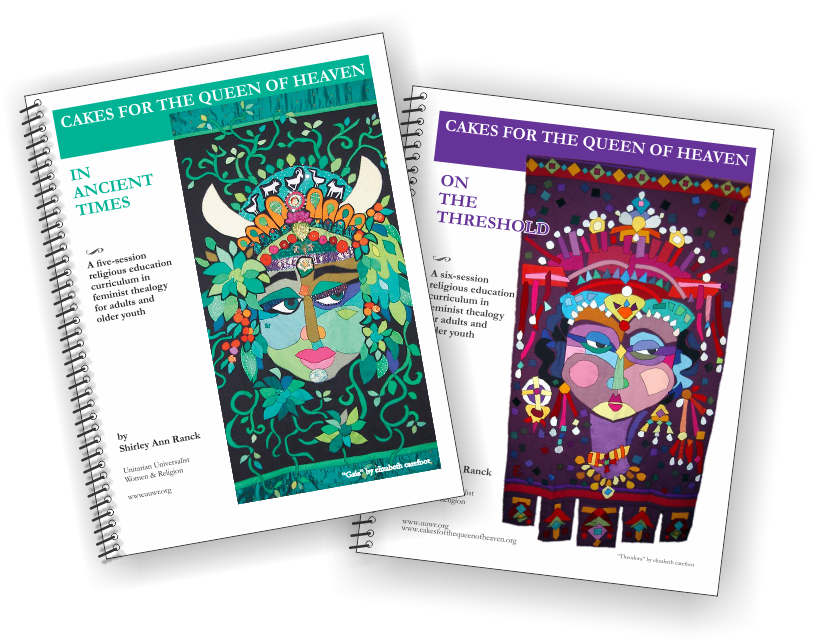A birthday card I once got had these words: “Find the place where you belong, then set your sights on reaching it.” When I became the UU Women and Religion representative in the UUA Board-created “inclusion groups alliance” after all those groups were disaffiliated from official attachment to the UUA, I wanted to give the effort my all. Coalition building in egalitarian, complementary collaboration is a good thing. After all, with our UU membership being so small compared to the numbers of other religions, our Washington, D.C. UUA office usually joins in interfaith coalitions to make the UU voice heard on Capitol Hill. Well, after about a year of teleconferencing we in the ‘inclusion groups” found that the coercive and unclear organizing we were placed in did not work to form the expected alliance.
The most active teleconferencing participants represented LUUNA (Latina/o Unitarian Universalist Networking Association), UUMen (Unitarian Universalist Men’s Network), Interweave Continental, People With Disabilities (now, officially recognized as part of the Journey Toward Wholeness Transformation Committee), UU’s For Polyamory Awareness (in the process of seeking affiliation when the Board disbanded most affiliates), and us. I tried to be accountable toward our assigned goal of forming a workable coalition because I felt we’d have more clout for pulling out UU patriarchal roots and planting partnership seedlings if we had these extra groups on that bandwagon. Trouble came when I tried to use the word “patriarchal” in a discussion sparked by Alan Johnson’s book, The Gender Knot (which had been read by another in the group and brought into the discussion by him.) It was suggested and supported by the others that I say “hierarchical” instead. We were trying to listen carefully to one another, though, and all were open to the education each of us could give from our experiences with oppression.
When we tried to write our mission statement, wording was changed from “anti-oppression” to “a more just world” to get away from using a negative term (as those who objected to "patriarchal" said.) The UU Men representative added that his organization did not have anti-oppression as its primary purpose, anyway. I did get in the idea of equality with the word, “egalitarian” as being part of a more just world, but the mission statement never was completed. We gave up, mostly, because of the UUA Board’s uncertainty about how to handle the dismissed independent affiliate issue. In trying to figure out what we needed to do to form our coalition, the only guideline was that the work of the UUA is to serve the congregations and we were to show how we did that.
I did appreciate our teleconference conversations. I felt our relating was based on trust in our human goodness with willingness to support one another to bring out clear thinking. I felt that the group would understand, eventually, what I was trying to contribute if we could only give the time and effort. I am very glad for this experience and feel a certain fondness for my new teleconferencing friends. I wish we could have met face-to-face.
“Find the place where you belong … .” ‘Tis true that all UU congregations exist in polity of being a free association rather than a real denomination of top-down hierarchy from a ruling priesthood. ‘Tis true that the best focus for the UUA Boston office is to serve congregations in a supportive way to strengthen us as free decision-making entities. The UUA is encouraging a political joining together as unique congregations, each with its special strengths to be politically engaged in the world’s needs for change. We UU’s must cherish our particular, spirit-filled relational pluralism. We are a people-faith. When it comes to serving our congregations, our UU W&R place is to educate UU’s for building egalitarian community.
Donate!
You may make a donation to UU Women and Religion here. We are a 501(c)3 organization. Please select the amount you would like to donate.
0.00



